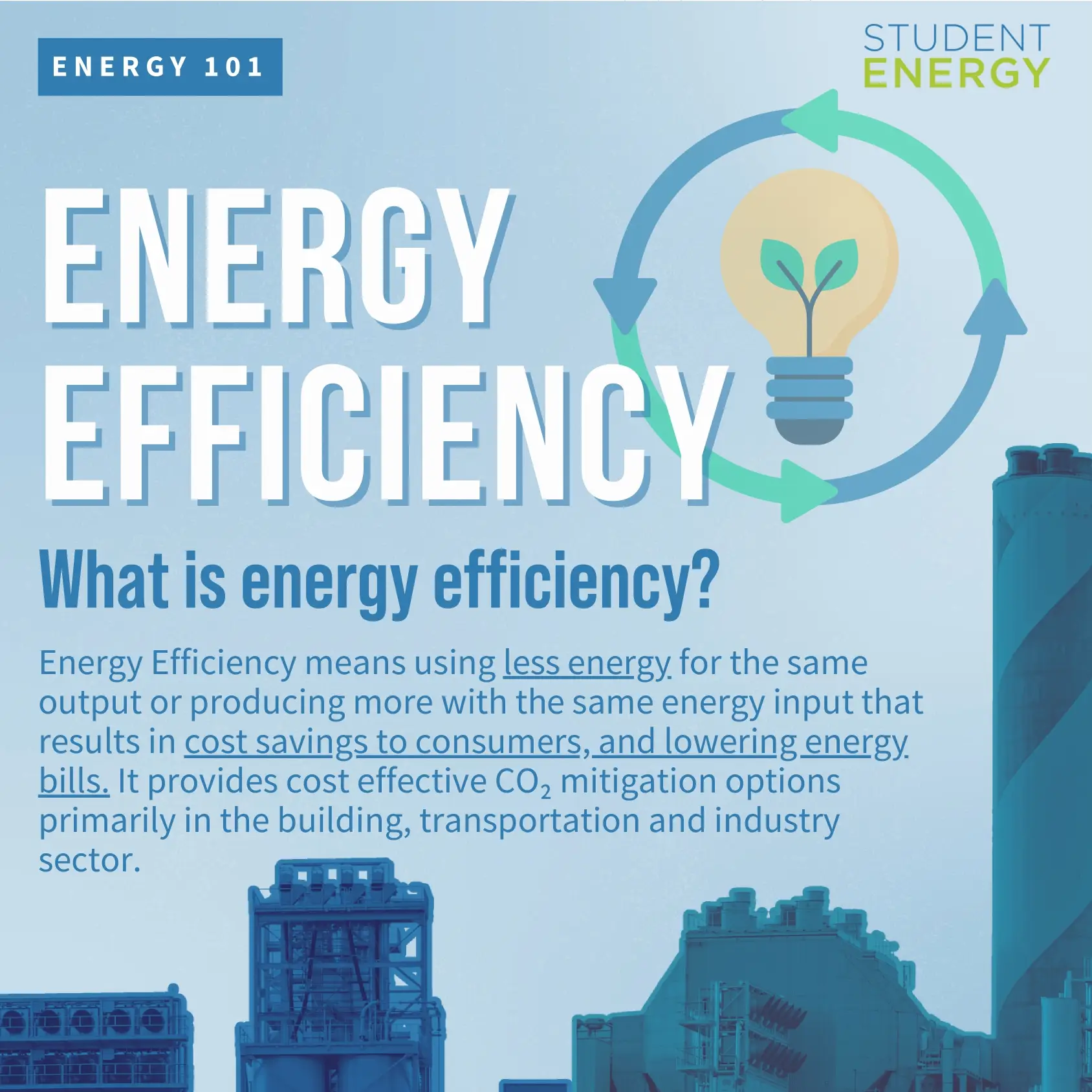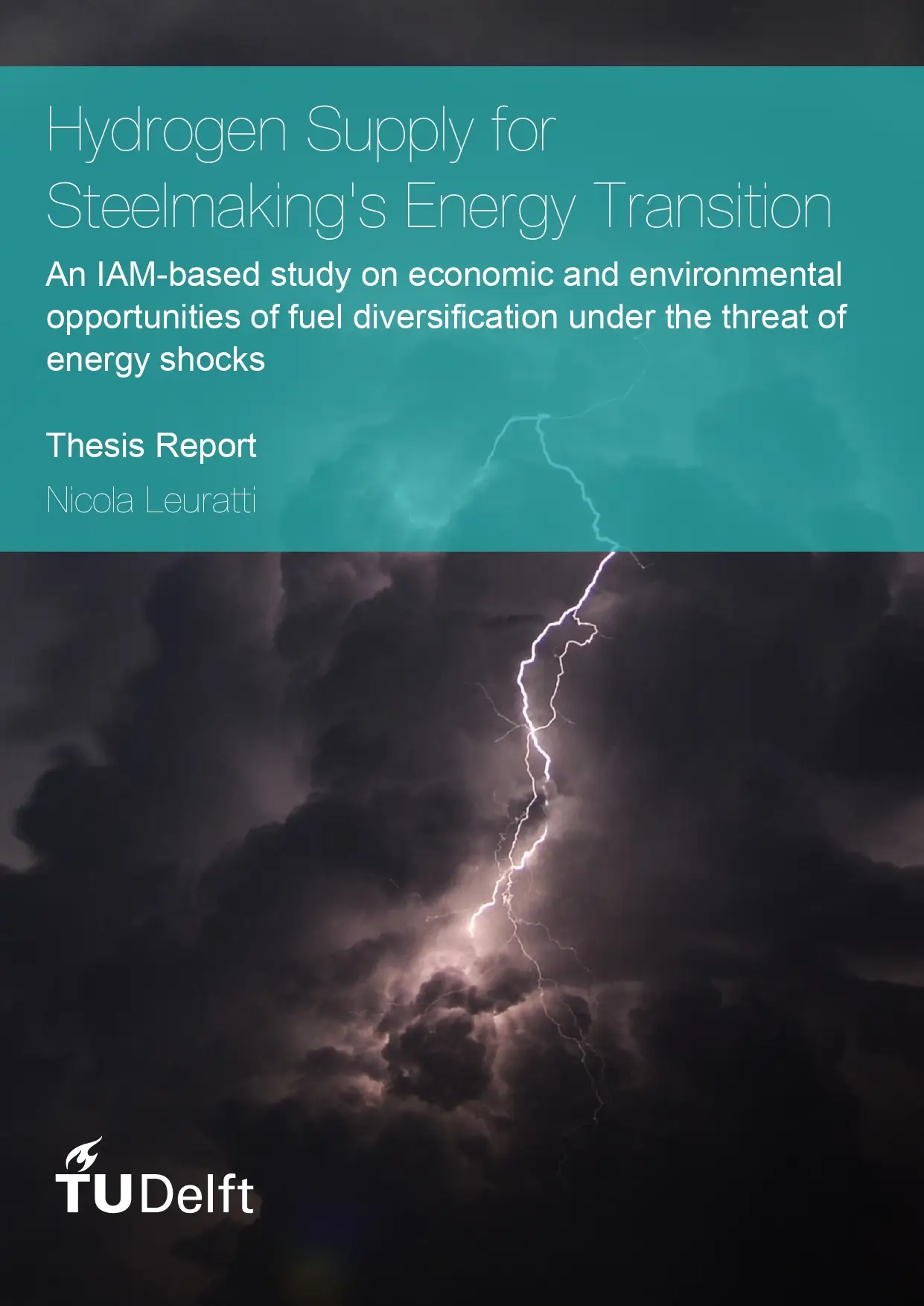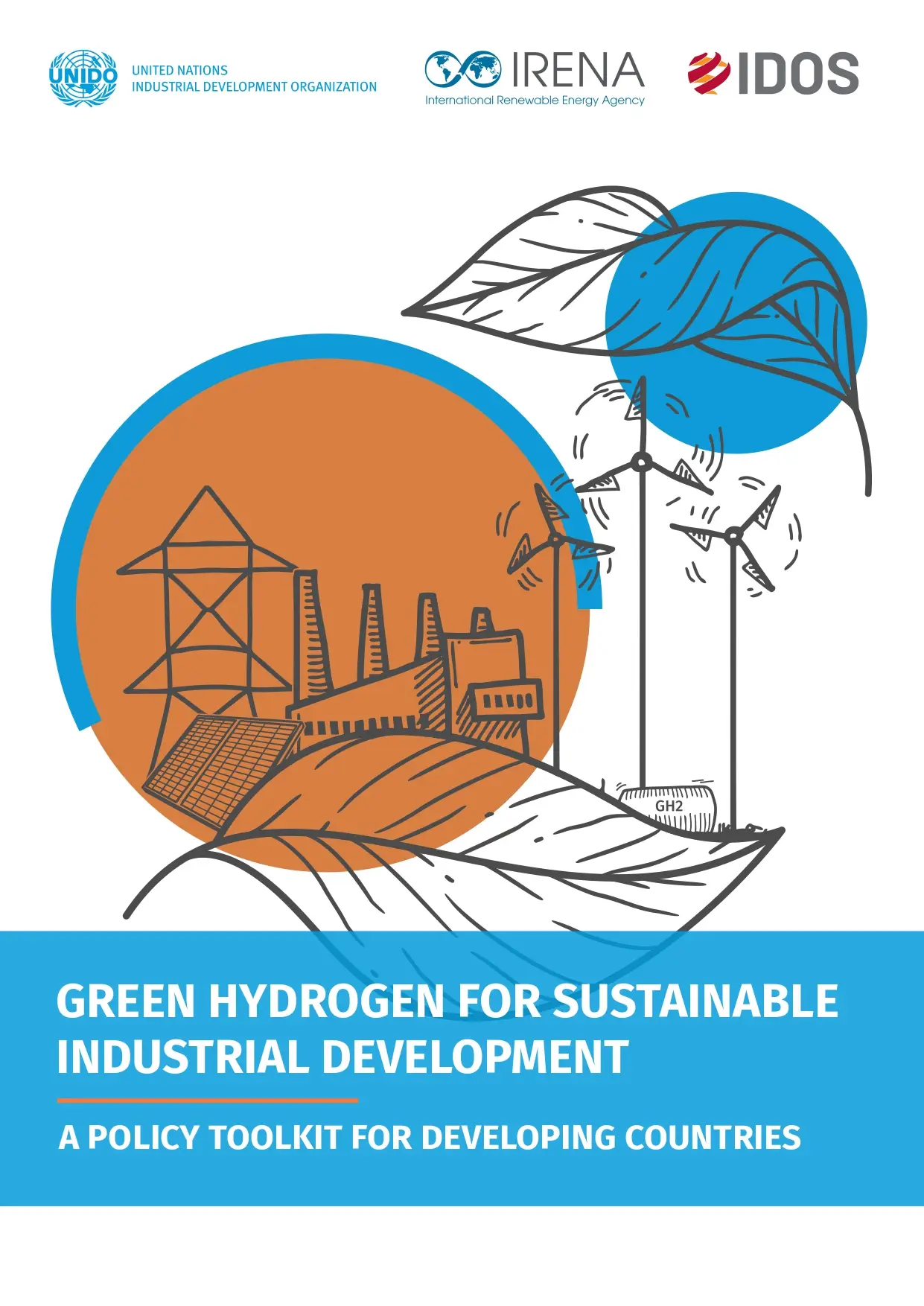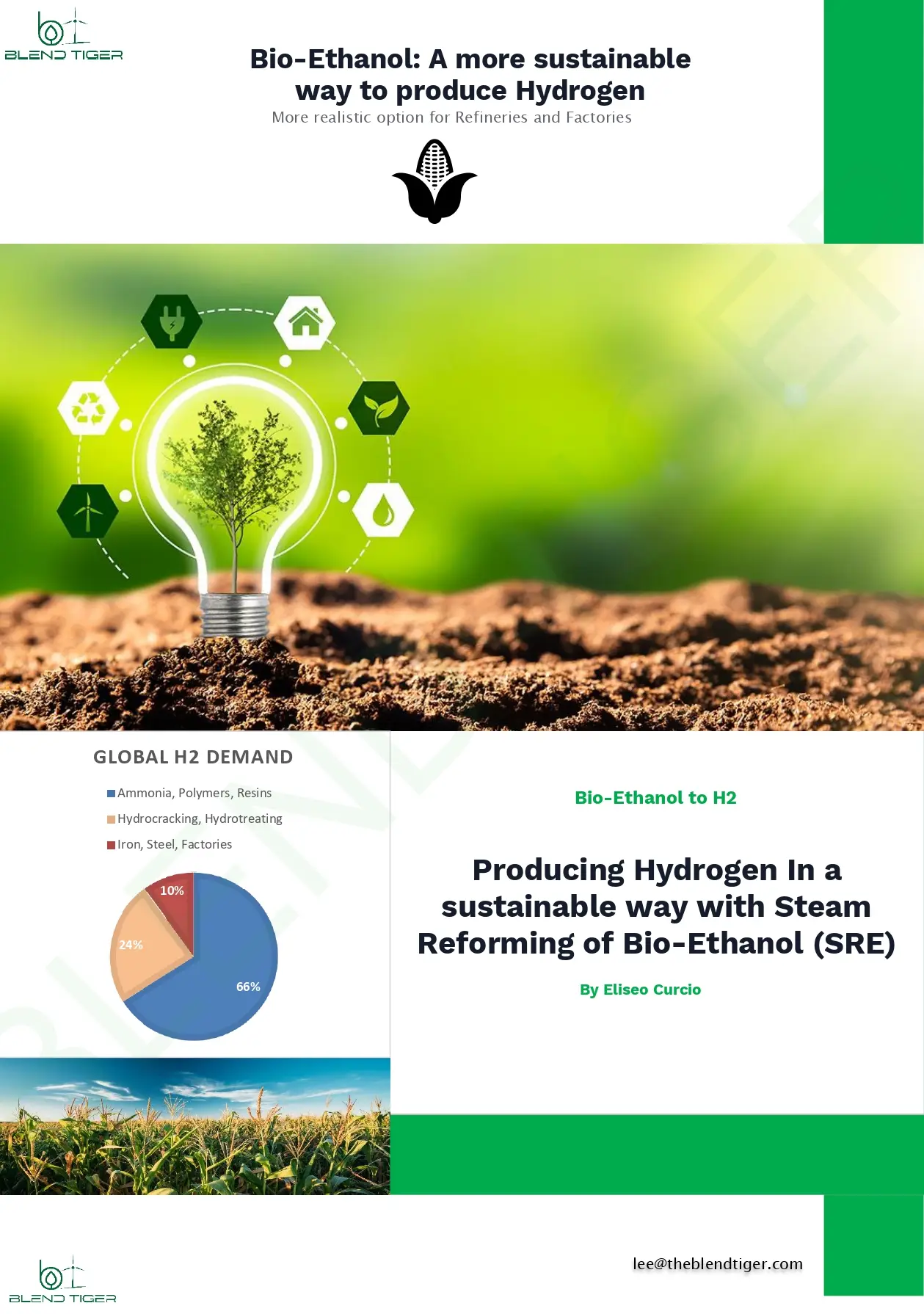Fluoride in Groundwater
The United Nations theme for World Water Day on March 22, 2022, is “Groundwater: making the invisible visible.” This aligns with the essence of the Groundwater Project (GW-Project), which is aimed at raising groundwater consciousness and strengthening groundwater expertise worldwide, and is being accomplished by publishing books and supporting materials about “all-things-groundwater”.
Fluoride in Groundwater
The United Nations theme for World Water Day on March 22, 2022, is “Groundwater: making the invisible visible.” This aligns with the essence of the Groundwater Project (GW-Project), which is aimed at raising groundwater consciousness and strengthening groundwater expertise worldwide, and is being accomplished by publishing books and supporting materials about “all-things-groundwater”.
Hydrogen Supply for Steelmaking’s Energy Transition
In the pursuit of low-carbon technologies and sustainable alternatives to fossil fuels essential to hand on to future generations a safe and livable planet, hydrogen has attracted engineering interest as a promising vector for storing and carrying clean energy that would help decarbonize society. Scientific research and technological trends indicate that heavy industries, especially steelmaking, might represent an excellent opportunity to consistently integrate the consumption of hydrogen into the manufacturing processes. This is likely to deliver substantial emissions savings as the steel industry, widely recognized to be a hard-to-abate sector, accounts for a large portion of the global pollution every year. Besides the heated debate on the technical and financial challenges related to deployment constraints and cost increases, the geopolitical risk of energy crises impacting the economic output of industries in energy-importing countries is neglected in the decision-making considerations, overlooking the critical implications of energy diversification on long-term planning.
Hydrogen Supply for Steelmaking’s Energy Transition
In the pursuit of low-carbon technologies and sustainable alternatives to fossil fuels essential to hand on to future generations a safe and livable planet, hydrogen has attracted engineering interest as a promising vector for storing and carrying clean energy that would help decarbonize society. Scientific research and technological trends indicate that heavy industries, especially steelmaking, might represent an excellent opportunity to consistently integrate the consumption of hydrogen into the manufacturing processes. This is likely to deliver substantial emissions savings as the steel industry, widely recognized to be a hard-to-abate sector, accounts for a large portion of the global pollution every year. Besides the heated debate on the technical and financial challenges related to deployment constraints and cost increases, the geopolitical risk of energy crises impacting the economic output of industries in energy-importing countries is neglected in the decision-making considerations, overlooking the critical implications of energy diversification on long-term planning.
Green Hydrogen For Sustainable Industrial Development
Green Hydrogen represents a unique opportunity for the clean energy transition. Climate change is an existential threat to a sustainable future, but at the same time, facing up to the climate challenge is an opportunity to promote prosperity and a brighter future for all. Green hydrogen and its derivatives will play a vital role in the just energy transition.
Green Hydrogen For Sustainable Industrial Development
Green Hydrogen represents a unique opportunity for the clean energy transition. Climate change is an existential threat to a sustainable future, but at the same time, facing up to the climate challenge is an opportunity to promote prosperity and a brighter future for all. Green hydrogen and its derivatives will play a vital role in the just energy transition.
Bio-Ethanol: A More Sustainable Way to Produce Hydrogen
Hydrogen, often heralded as the fuel of the future, offers a beacon of hope for a sustainable energy transition. Its versatility and potential for clean energy production make it an invaluable asset in our collective quest for a carbon-neutral future. Hydrogen's role extends well beyond its potential in power generation and as a fuel, serving critical functions across several industrial sectors. The bulk of hydrogen production and consumption is dominated by refineries, chemical plants, and steel factories, which together account for around 90% of its usage. These sectors leverage hydrogen primarily for processing and manufacturing purposes, underscoring its importance in industrial applications rather than energy alone.
Bio-Ethanol: A More Sustainable Way to Produce Hydrogen
Hydrogen, often heralded as the fuel of the future, offers a beacon of hope for a sustainable energy transition. Its versatility and potential for clean energy production make it an invaluable asset in our collective quest for a carbon-neutral future. Hydrogen's role extends well beyond its potential in power generation and as a fuel, serving critical functions across several industrial sectors. The bulk of hydrogen production and consumption is dominated by refineries, chemical plants, and steel factories, which together account for around 90% of its usage. These sectors leverage hydrogen primarily for processing and manufacturing purposes, underscoring its importance in industrial applications rather than energy alone.










